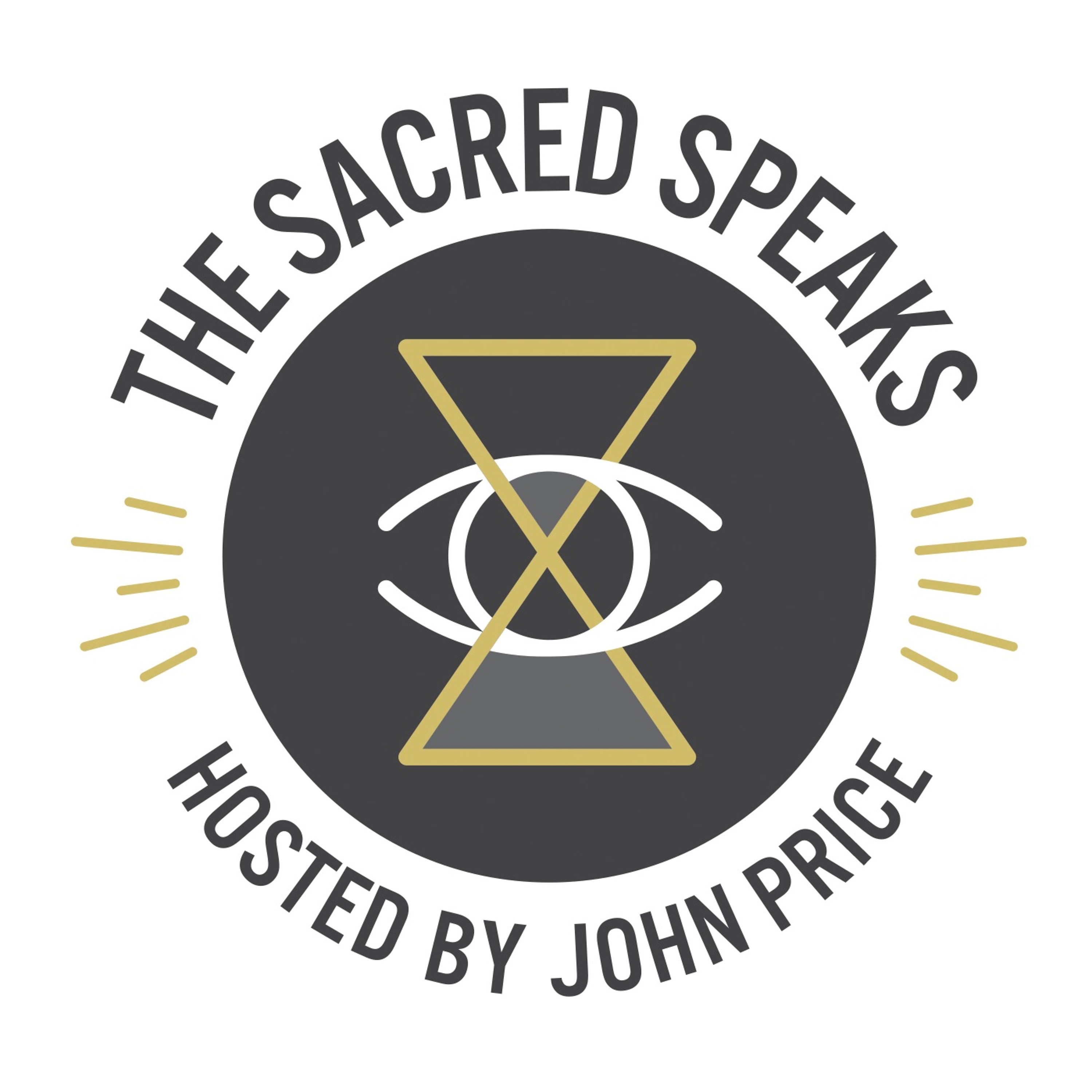
21. Science, Religion, Power, & Love. A conversation with Tom Cheetham
 2018-09-19
2018-09-19
Download
Right click and do "save link as"
As a scientist, Tom’s insight into religion and psychology balances his worldview given that he matriculated through both the sciences and philosophy. He says, that as soon as he began to see the world through a hand-lens, he was sold on physics, biology, entomology, evolution and ecology, and vertebrate zoology, but landed squarely in biology. Tom’s primary area of interest began in complex systems. Access to an electron microscope in the biochemistry lab opened up Tom’s understanding of the microscopic world that is within, around, and through us. He defines “complex systems” and uses this interest to look at religion and psychology. Tom asks why no one can predict what the Dow Jones is going to do tomorrow?” Because the economy is a complex system. Tom’s “naïve love of biology” was the attitude that bade him to leave the early movement in bioengineering, which he deemed as morally repugnant, and sent him onto a path of recollecting his interests in philosophy and religion primarily to the work of Carl Jung, James Hillman, and Henry Corbin. Tom’s love for Hillman is expressed from his seeking psychological diversity and Corbin for his grounding in the imagination. Tom departed from reductive science because his brain began to feel like a machine, cranking out facts, and this landed him in the exploration of the imagination. With this in mind, Tom recognizes the battle within him between the “humanist” and the “scientist.” He believes on some level that adopting an easy pluralism as a means for us each to deal with our tendency toward fundamentalist thinking and behaving. He has been actively undermining the tendency for any human to be motivated by any fundamentalism – which both Henry Corbin and James Hillman do. Good on you, Tom!
Bio:
Tom graduated from Connecticut College in 1974 with a B.A. in philosophy, magna cum laude, with coursework in history and the history of art, and received the Susanne Langer Award for Achievement in Philosophy. Among the most long-lasting influences were my reading of Hegel, Heidegger, Ernst Cassirer and Erwin Panofsky, as well as the ideas and the teaching of historian F. Edward Cranz.
In 1997 Tom resigned from my teaching position and my family moved to Maine. He then began writing in earnest. Tom's first essay on Corbin was among those selected to receive a John Templeton Foundation Exemplary Essay Award in the “Expanding Humanity’s Vision of God” Program in 2000. The following year he was one of six invited speakers at the Eranos Conference in Ascona, Switzerland, where Corbin had been a leading figure for many years. Tom's first book on Corbin, the imagination and related themes was published in 2003, and others followed in 2005, 2007, 2012 and 2015. In 2004 he was invited for the first of a series of lectures for the Temenos Academy in London. In the summer of 2007 Tom was honored to be elected a Fellow of the Temenos Academy.
Website:
https://sites.google.com/view/tom-cheetham/home?authuser=0
Theme music provided by:
http://www.modernnationsmusic.com
Band of the week: Centro-matic
Music page:
https://itunes.apple.com/us/artist/centro-matic/6557444
Will Johnson:
http://www.will-johnson.com
Learn more about this project at:
http://www.thesacredspeaks.com
Instagram:
https://www.instagram.com/thesacredspeaks/
Twitter:
https://twitter.com/thesacredspeaks
view more
More Episodes
103: Richard Rohr – The Quest for the Grail
 2023-10-22
2023-10-22
 2023-10-22
2023-10-22
98: Thomas Moore – The Eloquence of Silence
 2023-07-04
2023-07-04
 2023-07-04
2023-07-04
012345678910111213141516171819
Create your
podcast in
minutes
- Full-featured podcast site
- Unlimited storage and bandwidth
- Comprehensive podcast stats
- Distribute to Apple Podcasts, Spotify, and more
- Make money with your podcast
It is Free
- Privacy Policy
- Cookie Policy
- Terms of Use
- Consent Preferences
- Copyright © 2015-2024 Podbean.com





